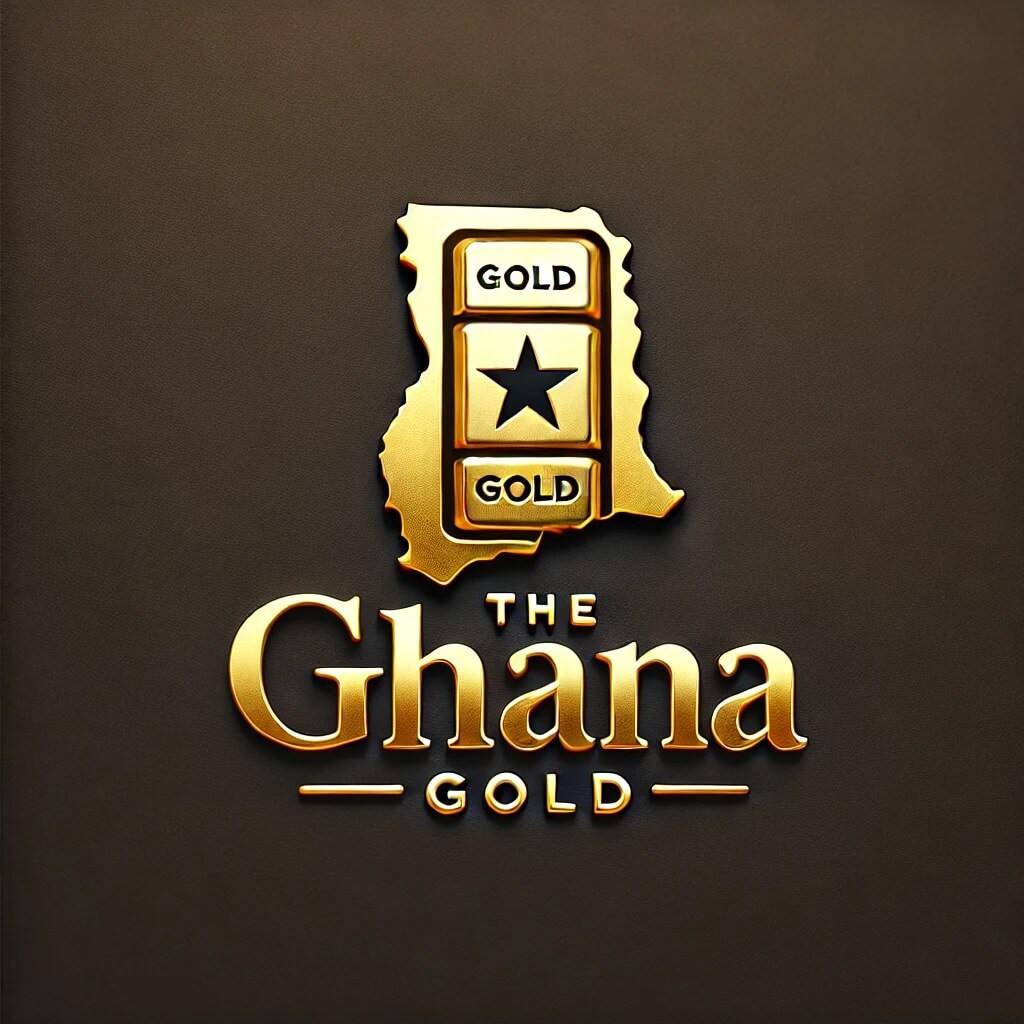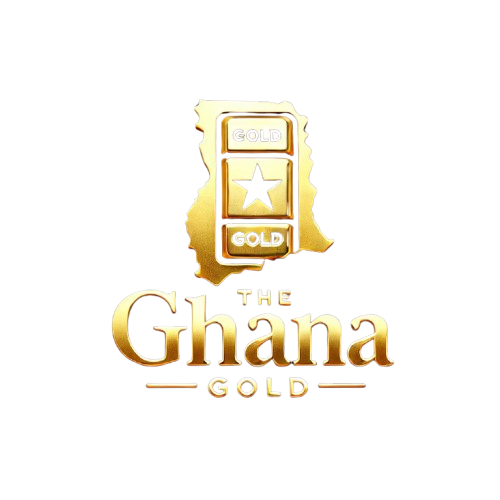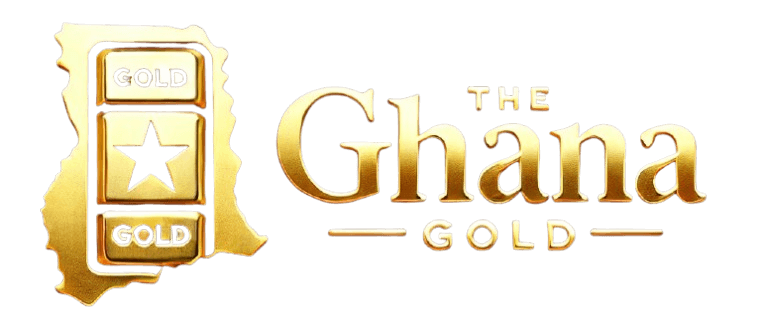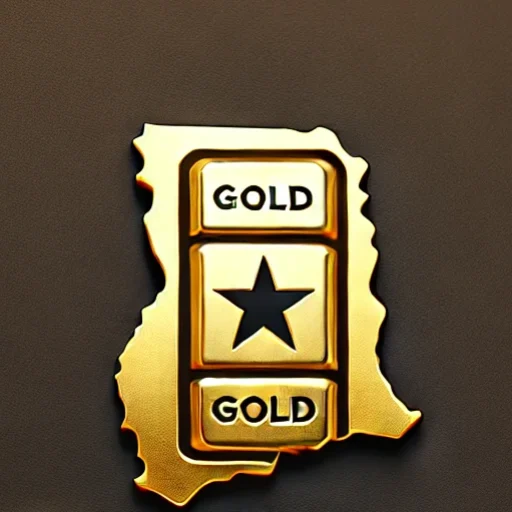Introduction #
Ghana, fondly called the “Gold Coast,” has earned its place as Africa’s number one gold producer and the sixth largest in the world. For centuries, gold has shaped the country’s economic and political identity. Today, Ghana’s gold sector is more than a resource economy—it is a complex industry connecting mining, global trade, technology, and local livelihoods. Understanding this landscape is crucial for any serious investor, policymaker, or industry observer.
Historical Background #
Gold mining in Ghana dates back to ancient times, long before the arrival of Europeans. Indigenous tribes such as the Ashanti and Fante engaged in rudimentary gold panning and trade across the Sahel and Sahara. During colonial times, British rule intensified commercial gold mining, establishing deep-shaft operations and formalizing exports.
Post-independence Ghana saw state-dominated gold mining enterprises until the sector liberalization in the 1980s, spurred by Structural Adjustment Programs. This opened the door for multinational corporations, junior miners, and small-scale operators to enter the fray. Today, over 300 licensed small-scale mining companies and 15 major international players operate in the country.
Sector Composition #
Ghana’s gold industry includes three major layers:
- Large-Scale Mining (LSM): Dominated by companies like Newmont, AngloGold Ashanti, and Gold Fields, LSM contributes the largest portion of gold output.
- Medium & Junior Mining: Emerging firms that hold viable concessions and often seek joint venture partnerships.
- Artisanal & Small-Scale Mining (ASM): Employs over one million Ghanaians. While profitable, it faces challenges like poor regulation and environmental impact.
Infrastructure & Logistics #
Ghana boasts a relatively robust mining infrastructure. Power grids, road access to major mining towns (Obuasi, Tarkwa, Bibiani), and port facilities in Takoradi enable efficient logistics. The country’s Kumasi and Takoradi Industrial Hubs further enhance processing and refining opportunities.
Market Ecosystem #
Key players in the gold ecosystem include:
- Regulators: Minerals Commission, Environmental Protection Agency, Ministry of Lands and Natural Resources.
- Exporters: Licensed buying companies and refinery partners.
- Technology: Digitization of traceability, land records, and AI-driven exploration.
- Financiers: Banks offering equipment leasing, capital loans, and escrow.
Current Status #
In 2023 alone, Ghana produced over 3.7 million ounces of gold, accounting for over 40% of total export revenues. With gold prices remaining resilient globally, Ghana’s contribution to the sector remains critical.
Conclusion #
Ghana’s gold industry is more than a mine—it is a thriving ecosystem. With proper insight, investor alignment, and ethical practices, it offers a reliable route for high-return, impact-focused ventures.







